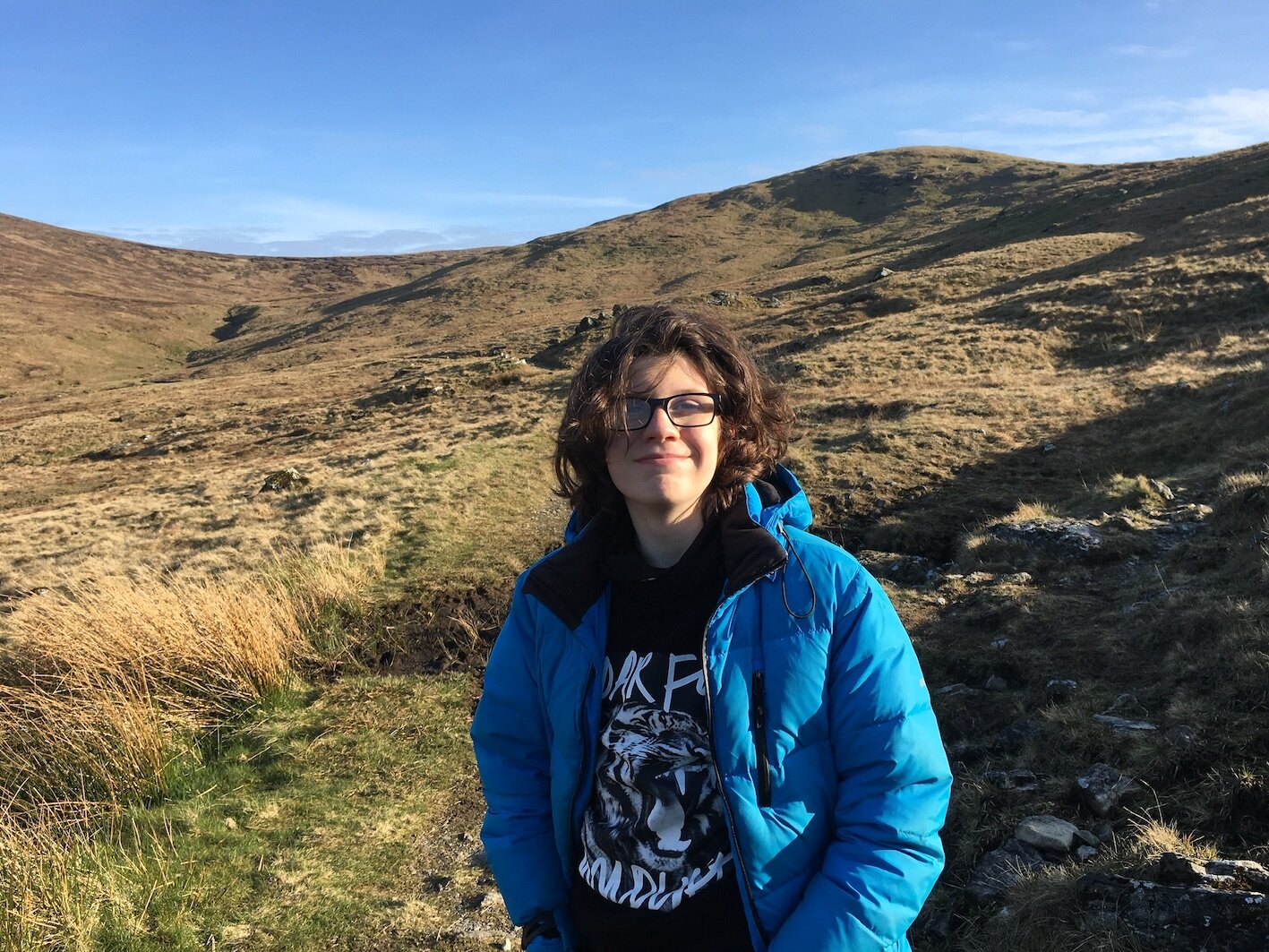Answer: because of their mothers
If you thought you were rubbish at maths at school then (a) You weren’t - maths, as the subject of our March issue’s ‘wisdom’ feature, Hannah Fry, says is hard for everyone. Mathematicians just stick with it because they know it’s worth it. And (b) If you still think you were rubbish at maths, for goodness’ sake don’t tell any of the young women in your acquaintance.
Educators have long held that telling children that their elders and betters were bad at maths is bad for their mathematical confidence, but it’s now becoming increasingly clear that girls feel they are somehow ‘not the best’ at maths.
So to put us all right. enter, stage right, Ada Lovelace, mathematician extraordinaire, And what, you may well ask, led to this very clever young lady’s amazing work in the fields of science and maths. Why, it was clearly her dear old mum.
Ada was the daughter of Lord Byron and Anabella Milbanke. You might think any wife of Lord Byron’s would be a poetic, flimsy, fainting sort of lady. You would be wrong. Milbanke’s great love was mathematics. And she was darned if her husband’s mimsy ways with poesie were going to bend her daughter’s mind.
From the age of four, the young Ada was tutored in maths and science, which would have been highly unusual for a girl at the time. Ada designed wonderful boats and flight machines, studied the anatomy of birds and the science of materials and later moved on to consider the possibility of powered flight. “I have got a scheme” she wrote to her mother, “to make a thing in the form of a horse with a steam engine in the inside so contrived as to move an immense pair of wings.”
She was married, at 19, to the aristocrat William King, and bore three children. But that was no reason for Ada to hang up her academic ephemera.
Her mentor, Mary Somerville, introduced her to one Charles Babbage, who became a lifelong friend and referred to Ada as ‘the enchantress of numbers’. She, in turn, was enchanted by Babbage’s ‘analytical engine’, the first computer. Babbage asked her to work more with the “machine she understood so well” and she went on to create what we now know to be the first computer programmes.
Thank heavens her mother never told her she was rubbish at maths!
Would you like to learn more?
You can read the full interview with mathematician Hannah Fry in our March issue. And if you’d like to read more about Ada Lovelace herself, you might like Little People, Big Dreams: Ada Lovelace by Isabel Sanchez Vegara. Illustrations by Zafouko Yamamoto (Quarto).








